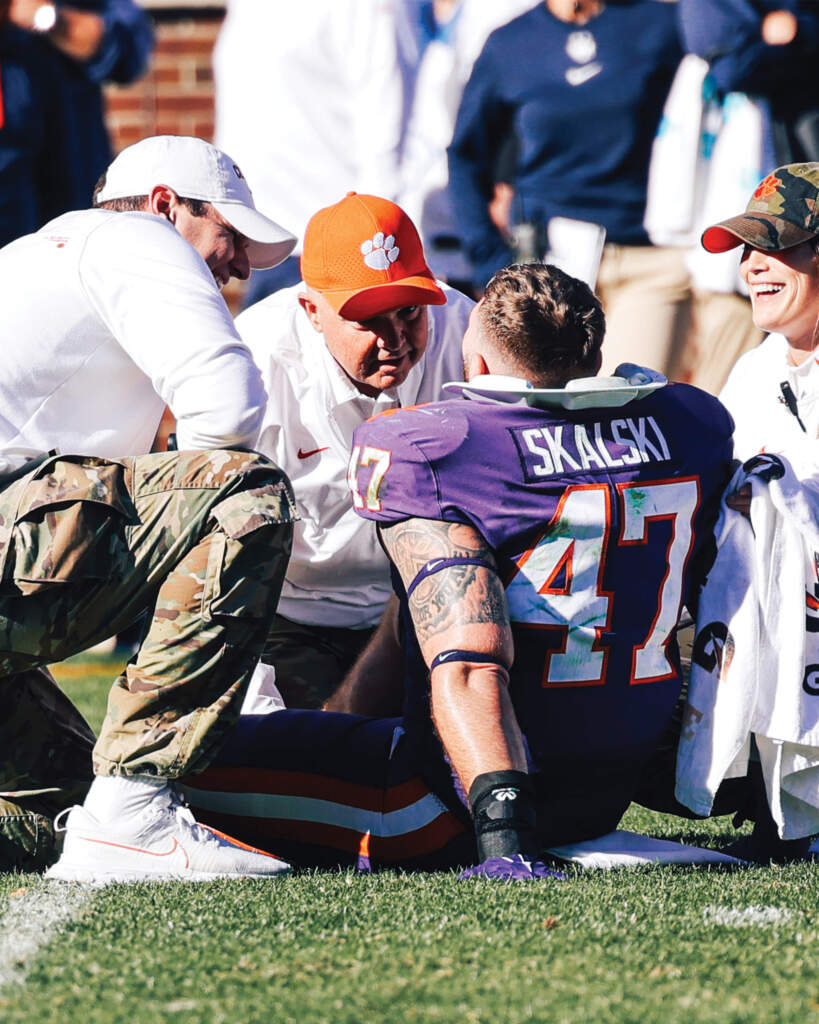Note: The following appears in the Furman football gameday program.
It all started for Danny Poole when he received a Cramer First Aid Notebook Course just as he was finishing ninth grade, his final year of junior high school before attending West Mecklenburg High School in Charlotte.
Poole had played sports through junior high school, but when he became a sophomore in high school, he realized he had a deep interest in athletic training. The more he read, the more he became interested.
“After I took that course, I went to a few clinics,” said Poole. “I went to one in Greensboro that was in association with the North Carolina High School Coaches Association and got even more interested in it.”
It just so happened that one of the guest lecturers at that Greensboro Clinic was Clemson Athletic Trainer Fred Hoover, a legend in the profession who would go on to be Poole’s boss a decade later.
During one of the first days of his high school career, he sought out the head football coach and expressed his interest in being an athletic trainer. In 1972, there were not many student athletic trainers at the high school level.
“I did it all for all three years of high school,” recalled Poole. “We had a doctor at each football game, but when it came to the everyday taping of ankles and basic rehab of injuries, I was the primary one.”
As a senior in the fall of 1974, he was given the opportunity to work the Shrine Bowl in Charlotte, the first student athletic trainer asked to work the game. He was regarded as a five-star among student athletic trainers in the state of North Carolina.
In an odd twist of fate, he was assigned to the South Carolina team. One of the players on that Sandlapper team was a quarterback from Spartanburg High School name Steve Fuller, who would go on to be the first Tiger football player to have his number retired.
During his senior year of high school, Poole applied to colleges that had a curriculum geared towards athletic training. He knew at this early age what he wanted to do for his life’s work.
“Appalachian State had a program, so I applied and was accepted with a scholarship,” stated Poole. “But in June of 1975, I got a letter that there was no scholarship money available.”
A few months before the start of the academic year, Poole was searching for a new school and hopefully some scholarship money. Fortunately, a coach at his high school knew Western Carolina Coach Bob Waters, and he called him to recommend Poole. It did not take long for Waters to become impressed with Poole’s work experience, and he offered him a scholarship to work with his football team.
Poole worked for four years as a student athletic trainer at Western Carolina. During that time, he supervised the rehabilitation of a football player named Dan Brooks, who had just finished his playing career. Brooks went on to become defensive linemen coach for the Tigers.
Poole worked more than just football games, and that work ethic led to him finding the love of his life. One day, he was at a women’s basketball game and Catamount guard Beth Morgan fell to the floor in pain after a collision with an opposing player. Poole went out on the court to check on Morgan and her injury.
“That was the first time I met Beth. It was a dislocated shoulder.”
A few rehab sessions later, they started dating and have now been married for 39 years. Beth was a two-sport athlete (basketball, tennis) at Western Carolina.
“Beth follows all sports closer than I do,” said Poole with a smile.
Professionally, Poole has had a wonderful experience, but his family is his “rock.” He and Beth have two daughters who met young men and made the family grow. Jacqui and Abby have given them four grandchildren as well.
After four years as a student athletic trainer at Western Carolina, Poole was hired straight out of college by Memphis. He earned his master’s degree while he was at Memphis in 1983.
In the fall of 1983, Fred Hoover was looking for a replacement for Assistant Athletic Trainer Larry Sutton, who had passed away suddenly from cancer.
“When I interviewed with Fred, we talked about that clinic in Greensboro in 1974. It was a good interview and he offered me the job. Fred was a good boss who taught me a lot about work ethic.”
So Poole started at Clemson in January 1984 as Hoover’s top assistant working with football. He worked his first football game on Sept. 1, 1984. The Tigers defeated App State 40-7, a bit of irony for Poole in that his college career as a student athletic trainer was supposed to start there nine years earlier.
Poole retired as Clemson’s director of sports medicine and head football athletic trainer last spring (he continues to work for the department in an administrative capacity), finishing 39 years in that role. He never missed a football game in those 39 years. He was on the athletic training staff for 33 bowl teams, 23 teams that finished in the top 25 and 12 ACC championship squads. Of course, he worked with two national championship teams and six teams that made the College Football Playoff.
But if you ask about his career, it is about the relationships he’s formed with players and student athletic trainers.
One of Poole’s favorite stories involved current Clemson Quarterbacks Coach Brandon Streeter, who played for the Tigers between 1996-99. Streeter went through so many injuries and rehabs that the athletic department created a department-wide award in his honor.
In 1999, Streeter fractured a collarbone at NC State. He missed the next two games and made the trip to Wake Forest as an emergency backup.
“We told Coach (Tommy) Bowden he could play in an emergency, but don’t ask him to run the ball. Woody Dantzler was having trouble getting us into the endzone, so Coach Bowden asked if Brandon was available.”
By now, it was the fourth quarter and Clemson was only leading 5-3.
“Coach Bowden put Brandon in the game, and he led us down the field. We got to the one yard line, and on third down, we called a quarterback sneak. Brandon got it in, but I held my breath.
“The way Brandon was able to recover from injuries was amazing. He could fight through them. I’ve always thought he was not from this planet.”
Perhaps the most rewarding aspects of Poole’s long tenure at Clemson has been watching his former students move into the profession. Jeff Ferguson, who was a Clemson student athletic trainer from 1989-93, served the San Francisco 49ers for 15 years and is now with the Jacksonville Jaguars.
Robbie Stewart, who was a full-time assistant under Poole, is now the head football athletic trainer at Auburn. Dr. Len Reeves, Clemson’s team physician, got his start as a student athletic trainer under Poole.
“It is gratifying to see your former students advance in the profession. I had a lot of people help me when I started, and now I have the opportunity to help the students today.”
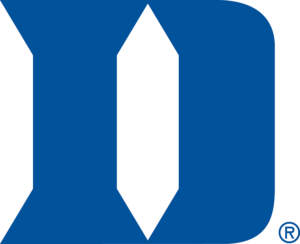 Duke
Duke
 Duke
Duke
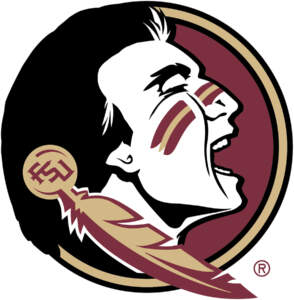 Florida State
Florida State
 Florida State
Florida State
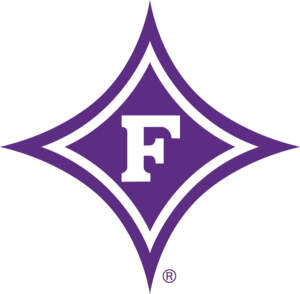 Furman
Furman
 Furman
Furman
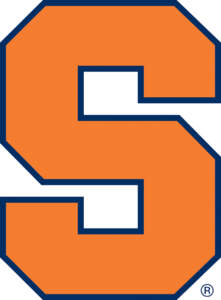 Syracuse
Syracuse
 Syracuse
Syracuse
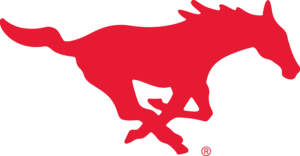 SMU
SMU
 SMU
SMU
 Duke
Duke
 Duke
Duke
 Florida State
Florida State
 Florida State
Florida State
 Furman
Furman
 Furman
Furman
 Syracuse
Syracuse
 Syracuse
Syracuse

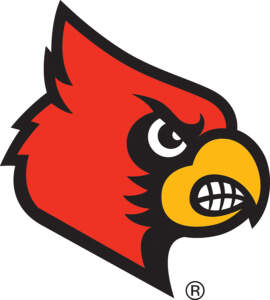 Louisville
Louisville 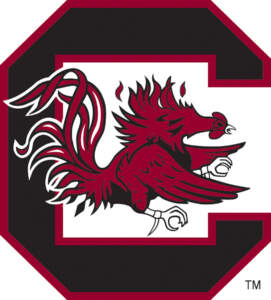 South Carolina
South Carolina  LSU
LSU 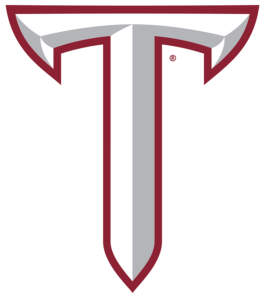 Troy
Troy 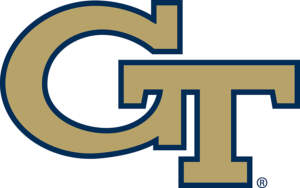 Georgia Tech
Georgia Tech 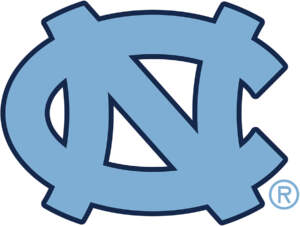 North Carolina
North Carolina 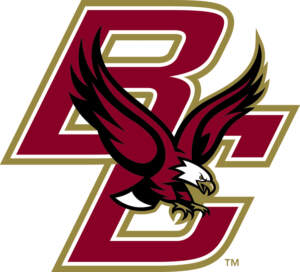 Boston College
Boston College 

